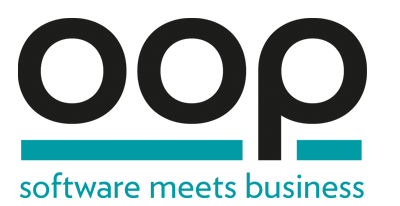Please note:
On this page you will only see the English-language presentations of the conference. You can find all conference sessions, including the German speaking ones, here.
The times given in the conference program of OOP 2024 correspond to Central European Time (CET).
By clicking on "VORTRAG MERKEN" within the lecture descriptions you can arrange your own schedule. You can view your schedule at any time using the icon in the upper right corner.
Track: SUSTAIN-ABILITY?
- Dienstag
30.01. - Donnerstag
01.02.
In this session we will walk through various techniques to significantly reduce the resource consumption of regular Spring Boot applications, including using Spring AOT for regular Spring apps, compiling Spring Boot apps to native images (using GraalVM), and using CRaC for instant startup (for scale-to-zero scenarios). We will compare the different approaches, discuss pros and cons for each technology, and share concrete numbers from real-world applications to give the audience an idea of what…
User-centred design is one of the default modes of teams working with software, but the consequences are often unsustainable in a densely networked world as we privilege users over all other stakeholders and systems. How might teams approach building products, services and organisations from a more sustainable standpoint than 'user-centricity'? This talk looks at how the techniques of game design, community development, platform operations and security practices can support a practice focused on…
At Tchibo we wanted to reduce our server and energy consumption with our product development teams. But why would we care? We all like fast snappy development and test systems. And our shop needs to survive Black Friday’s shopping traffic. Annual Google Cloud consumption forecasts do not trigger us to consume less. But when we started to show teams their related carbon dioxide footprint, we created a feedback loop that will help us to become better CO2-developers.
As developers, we have an…

